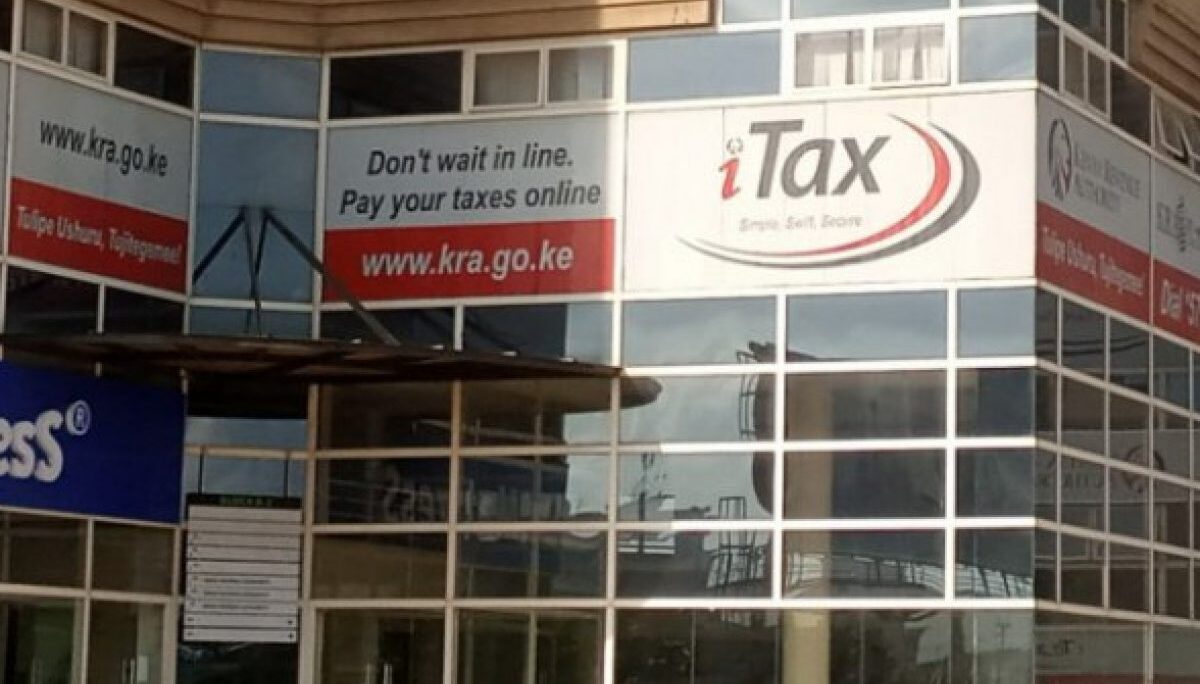Business owners have abandoned mobile merchant payment accounts in favour of cash transactions following increased compliance checks in major towns. KRA has observed a shift in behaviour among businesses that used to accept payments through Lipa Na M-Pesa Buy Goods Till numbers, as they are now requesting customers to make cash payments.
This change in merchant account usage comes after the KRA deployed approximately 1,400 revenue service assistants with paramilitary training to improve tax compliance, including assisting with online business registration, about a month ago.
Caroline Rotich, the Chief Manager of the Domestic Taxes Department at KRA, stated that they are aware of the closure of Lipa Na M-Pesa merchant accounts in the market and are actively developing strategies to address this issue.
“It is already noted that [closure of Lipa Na M-Pesa merchant accounts] is what is happening in the market. We are working on strategies on how we can work around this,” she said.
The KRA intends to collaborate with Safaricom to obtain information about merchants who have opted out of using the M-Pesa Buy Goods and Pochi La Biashara tills in order to identify potential tax evasion cases.
In recent years, Safaricom’s Lipa Na M-Pesa Buy Goods Till has been widely adopted by small traders because it allows them to receive payments through their tills and use the received cash to cover various expenses, such as employee wages and commissions.
Also, in recent years, the tax authority has faced criticism from business associations like the Kenya Association of Manufacturers and the Kenya National Chamber of Commerce and Industry. They have accused the tax authority of placing excessive tax burdens on a small group of individuals in the formal sector, while the majority of the population remains outside the tax system.
To address this issue and boost compliance in an economy where the informal sector is predominant, President William Ruto instructed the tax authority to adopt a more friendly and efficient approach. His aim is to ensure that every owed tax shilling is collected.
President Ruto expressed his concern, saying that the current tax administration has been perceived as oppressive and intimidating, resembling extortion. He believes that this approach discourages taxpayers and hinders the expansion of the tax base, ultimately impeding Kenya’s revenue potential and preventing the provision of essential services and development programs to its citizens.
KRA collected 95% of the revenue commitment despite the challenging socio- economic environment.
President @WilliamsRuto commended this performance during the release of the performance contracting report for FY 2021/2022.#WhatGetsMeasuredGetsDone pic.twitter.com/17iqDoCRlh— Kenya Revenue Authority (@KRACorporate) April 11, 2023
To improve compliance within the informal sector, the tax authority is pinning its hopes on the revenue service assistants. These assistants, stationed in major towns, have been assigned the task of gathering information about taxpayers.
They do this by conducting market surveys to identify unregistered traders and by conducting regular inspections to ensure that customers receive tax receipts following the implementation of the Electronic Tax Invoice Management System (eTIMS).
When interacting with business owners, these revenue assistants are known to request documents such as business permits, cash and receipt books, mobile money statements (including M-Pesa till and paybill numbers), wage records, lease agreements, and rent receipts.
The tax authority encourages taxpayers to approach these revenue assistants, extend a friendly greeting, and discuss how they can be of assistance. This initiative was announced in a notice to taxpayers dated September 18, 2023, which introduced the deployment of these new tax enforcement officers.

